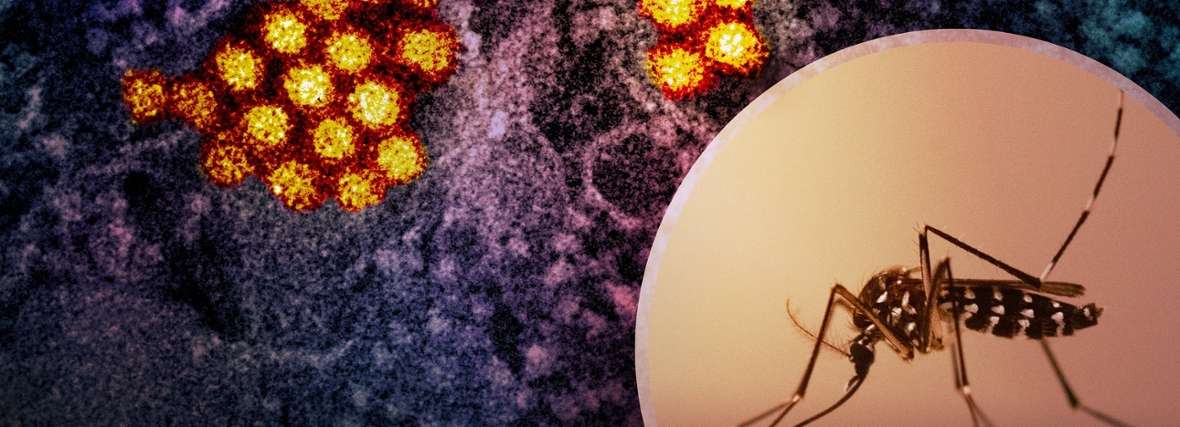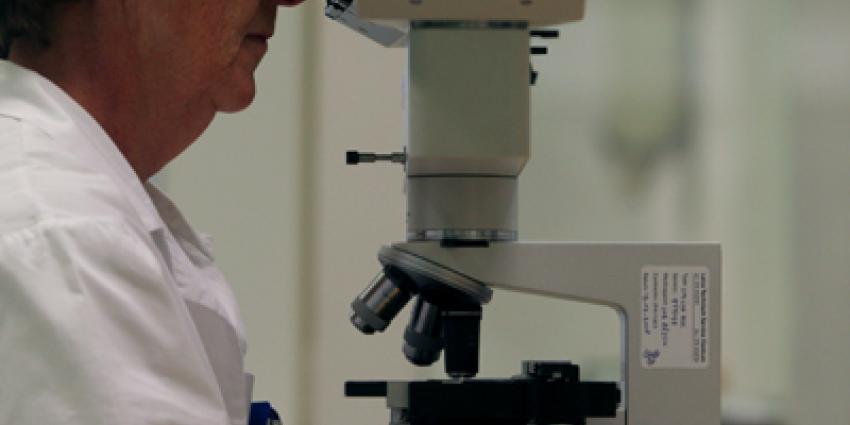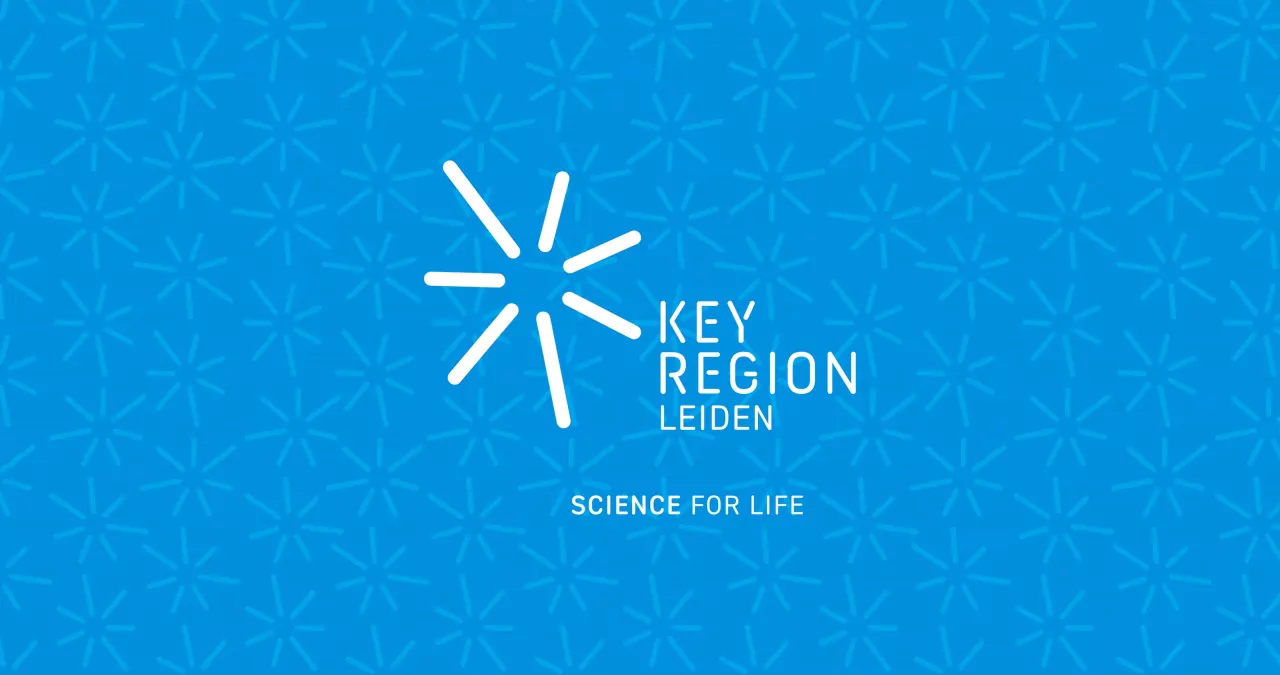Researchers at Leiden University have engineered the first-ever ‘dengue-on-a-chip’ model, offering a groundbreaking tool to study the dengue virus, which poses an increasing global health threat due to climate change.
Led by Dr. Alireza Mashaghi, the team utilized organ-on-a-chip technology to replicate the human body’s response to dengue infection. This microdevice simulates how the virus affects blood vessels, particularly focusing on hemorrhagic shock—a severe condition where blood vessels leak, leading to bleeding and potential organ failure. The researchers discovered that dengue infection alters the mechanical properties of endothelial cells, compromising the integrity of blood vessels and causing leakage.
This innovative approach bridges virology, cell biology, and bioengineering, providing a more ethical and cost-effective alternative to animal testing. It enables detailed analysis of the disease’s progression and facilitates the development of targeted treatments.
Given that dengue affects approximately 96 million people annually and results in around 40,000 deaths, the need for advanced research tools is critical. Climate change exacerbates the spread of dengue by expanding the habitat of mosquito vectors, putting over 3.9 billion people at risk worldwide.
Building on this success, the Leiden team is developing a ‘skin-on-a-chip’ model to study the initial stages of dengue infection post-mosquito bite. This model aims to examine how varying temperatures and humidity levels influence immune responses in the skin, providing further insight into the disease’s early development.
For more information, visit the Leiden University news article.



